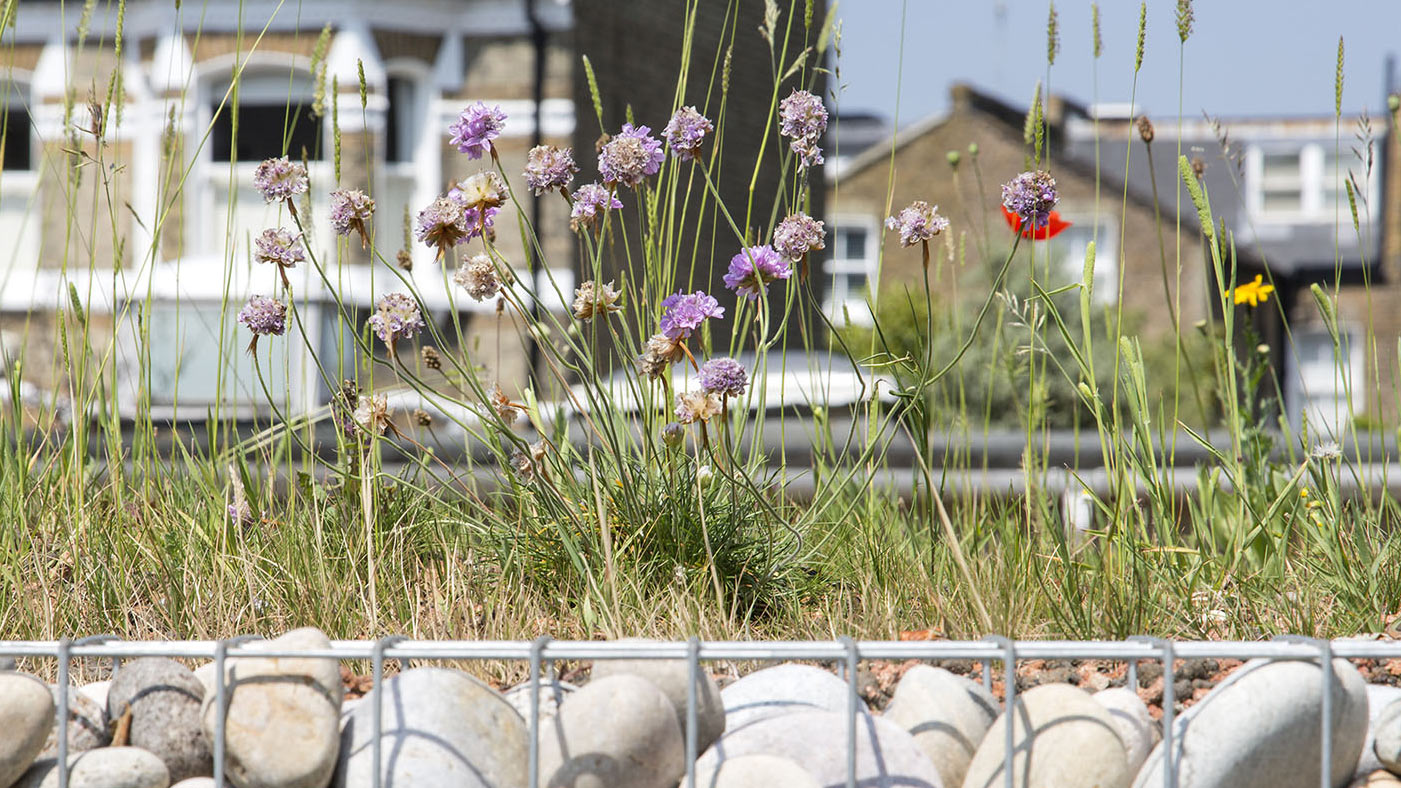NEWS
HELP MAKE A CHANGE
Welcome to Groundwork North East & Cumbria News page. Find out more about our recent successes, upcoming projects and case studies from our news stories below.
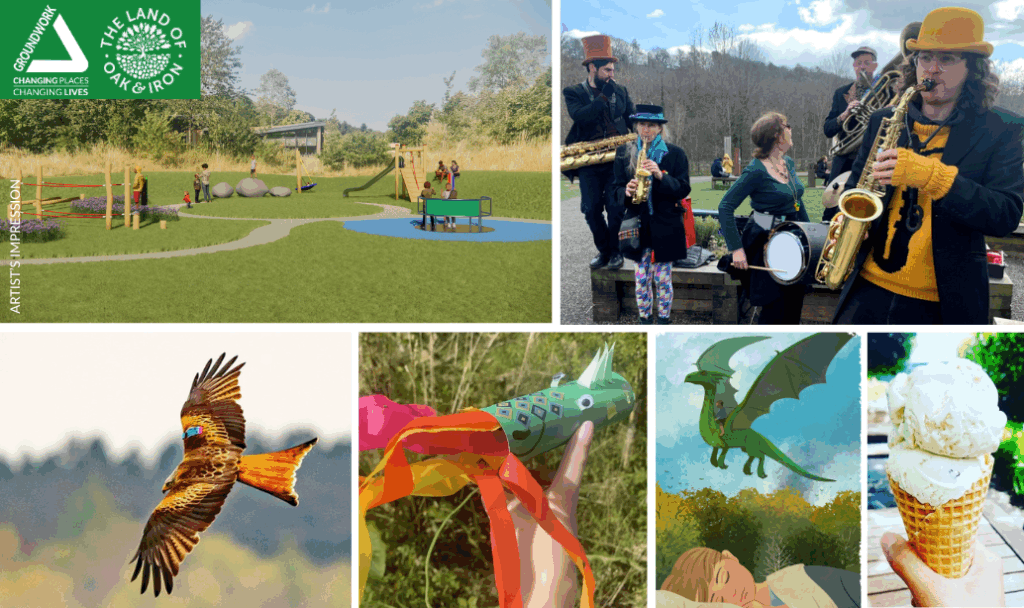
Official Launch Event for Groundwork NE & Cumbria’s official New Natural Play Park In Derwent Valley
Stronger Shores- Coastal Innovation: Bridging the Gap from Data to Delivery
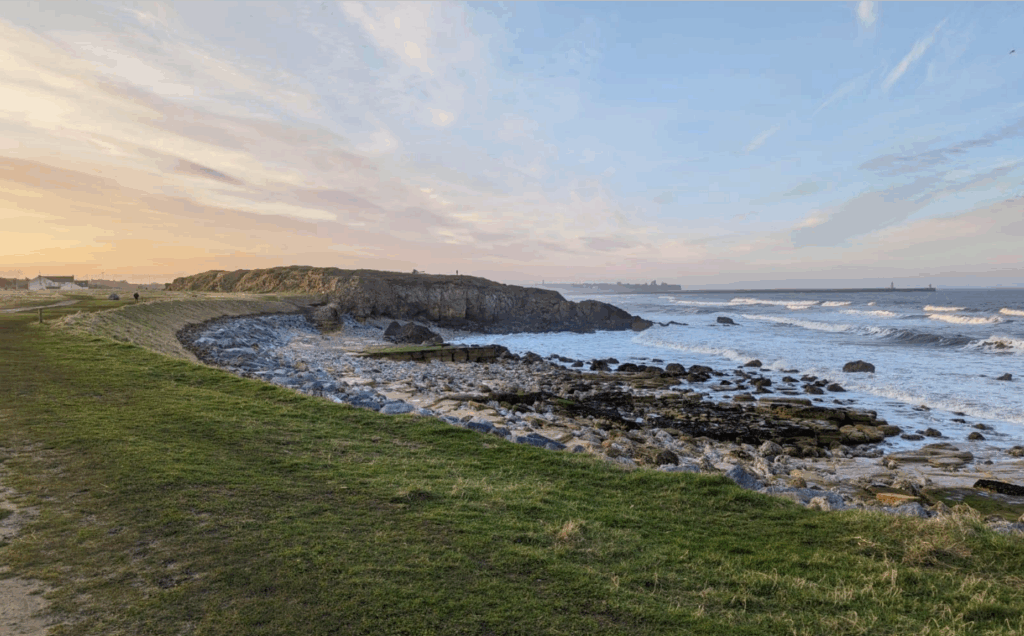

Whitby Weekend Marks Official Launch of Five-Year Reconnect Project Backed by National Lottery Community Fund
Whitby Harbour’s Whitehall Landing Transformed By Innovative Marine Habitat Project
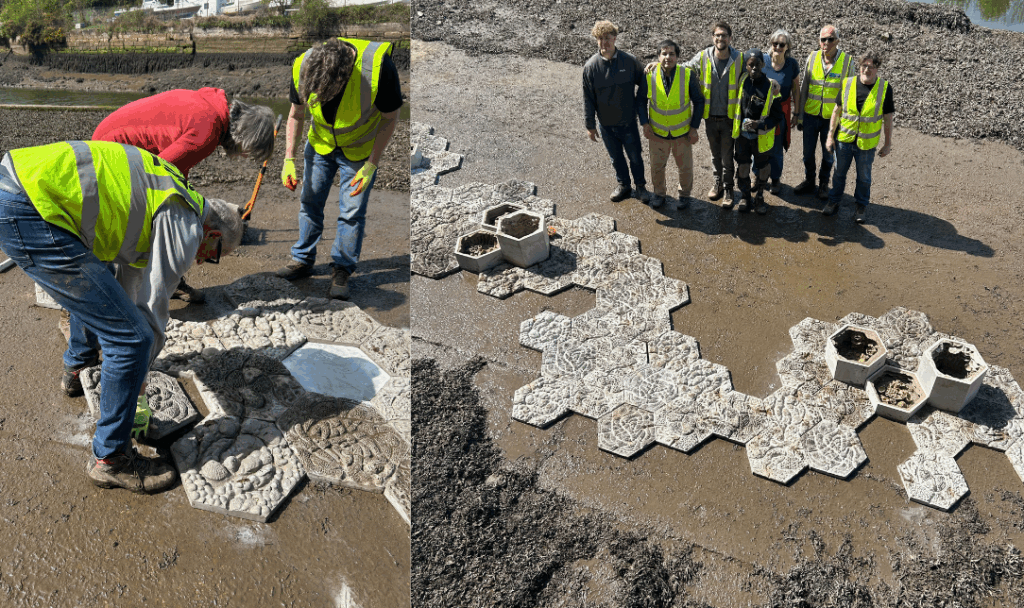
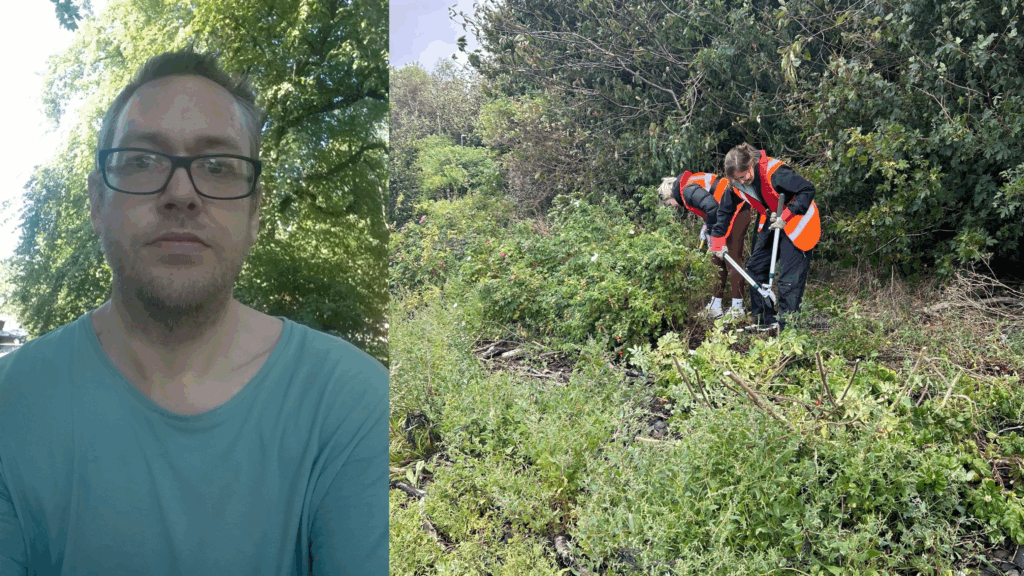
How Groundwork NE & Cumbria Have Helped my Mental Health
A New Natural Play Park For Groundwork’s Heritage Centre in the Derwent Valley
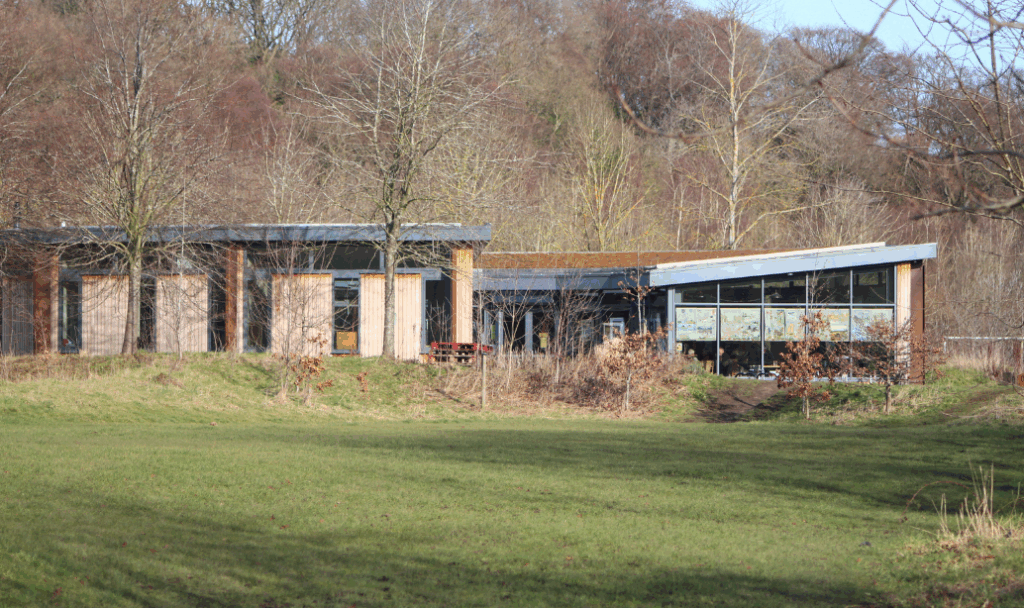
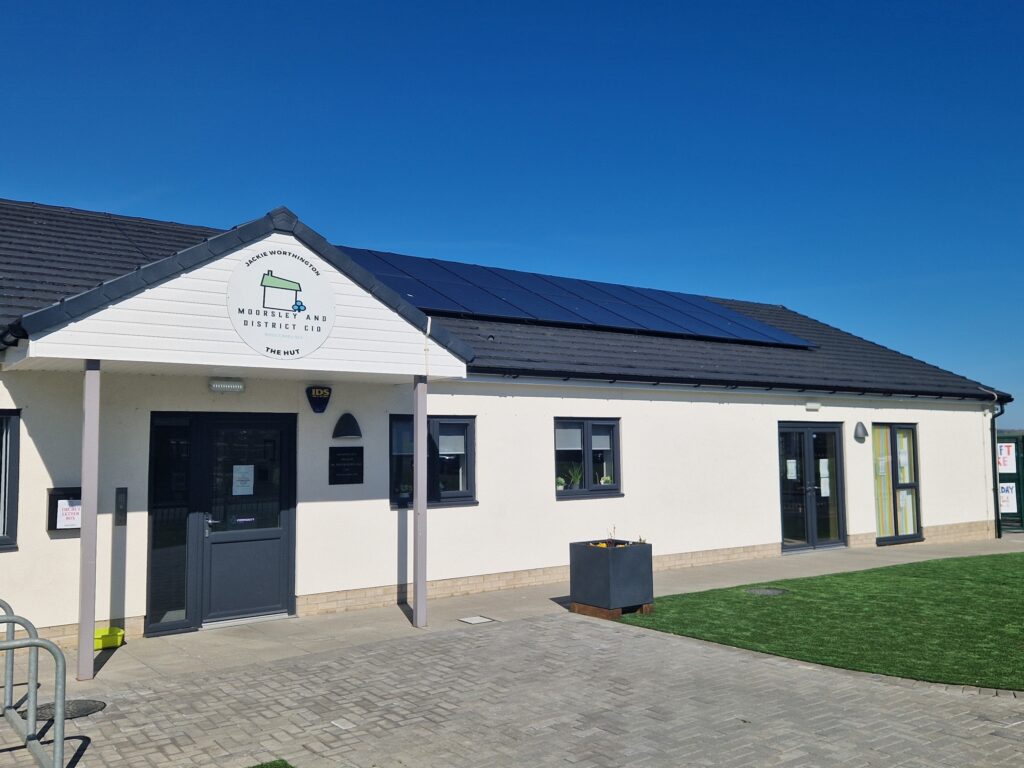
Celebrating the Achievements and Legacy of 3 Together Big Local
Groundwork NE & Cumbria at the Nature Returns Conference

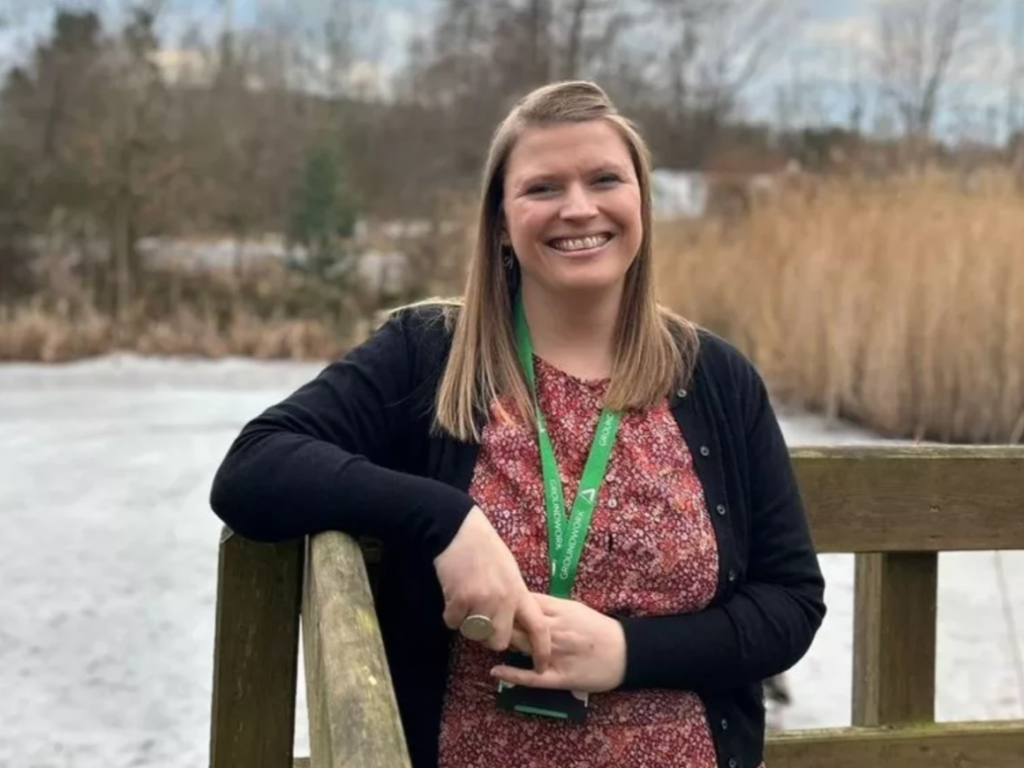
How securing funding has become even more challenging
Celebrating Women in Science: Abbie & Isa’s journeys
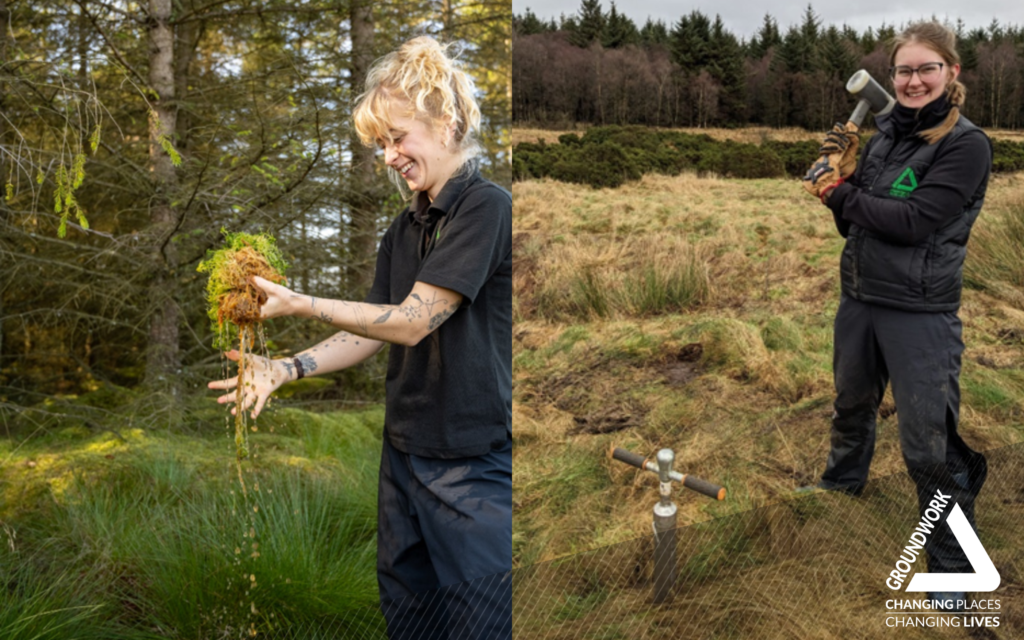

Groundwork NE & Cumbria Appoints New Partnership Development Lead
Groundwork NE & Cumbria continues its efforts to revitalise the region’s estuaries
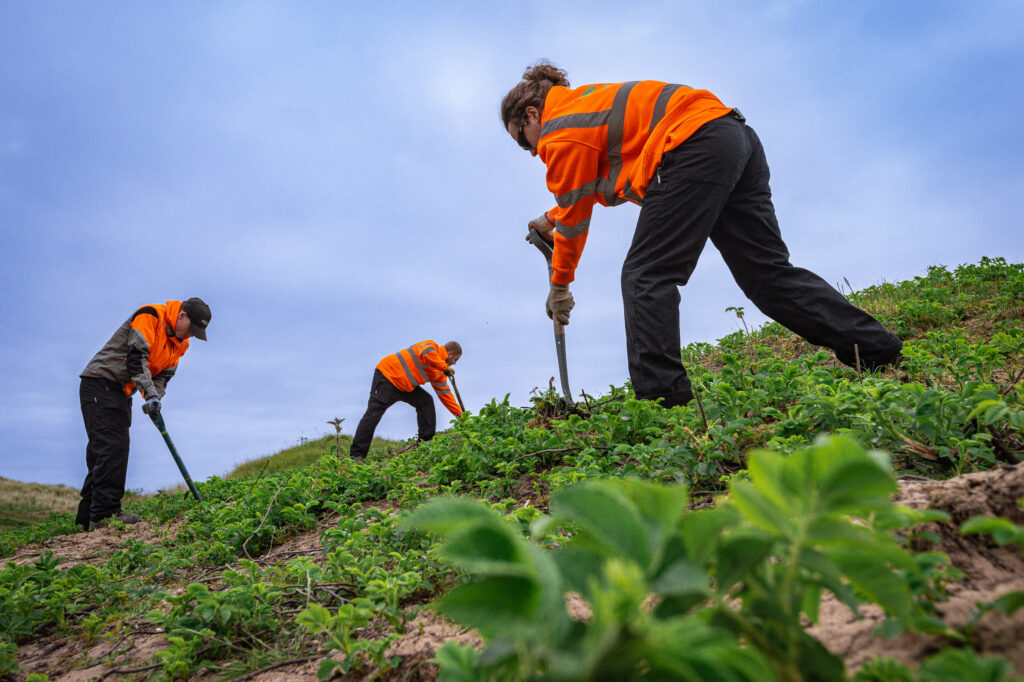

Groundwork NE & Cumbria achieves success with its Northern Directions employability programme for young people across the region.
GROUNDWORK NE&C STEP UP EFFORTS TO TACKLE CLIMATE CHANGE ON THE BANKS OF THE RIVERS TYNE AND WEAR
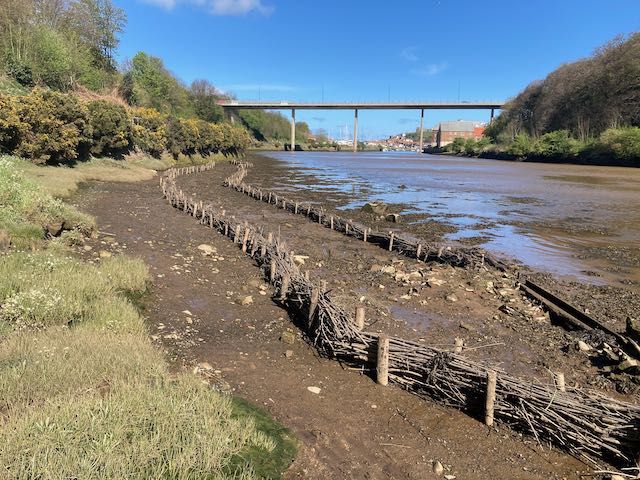
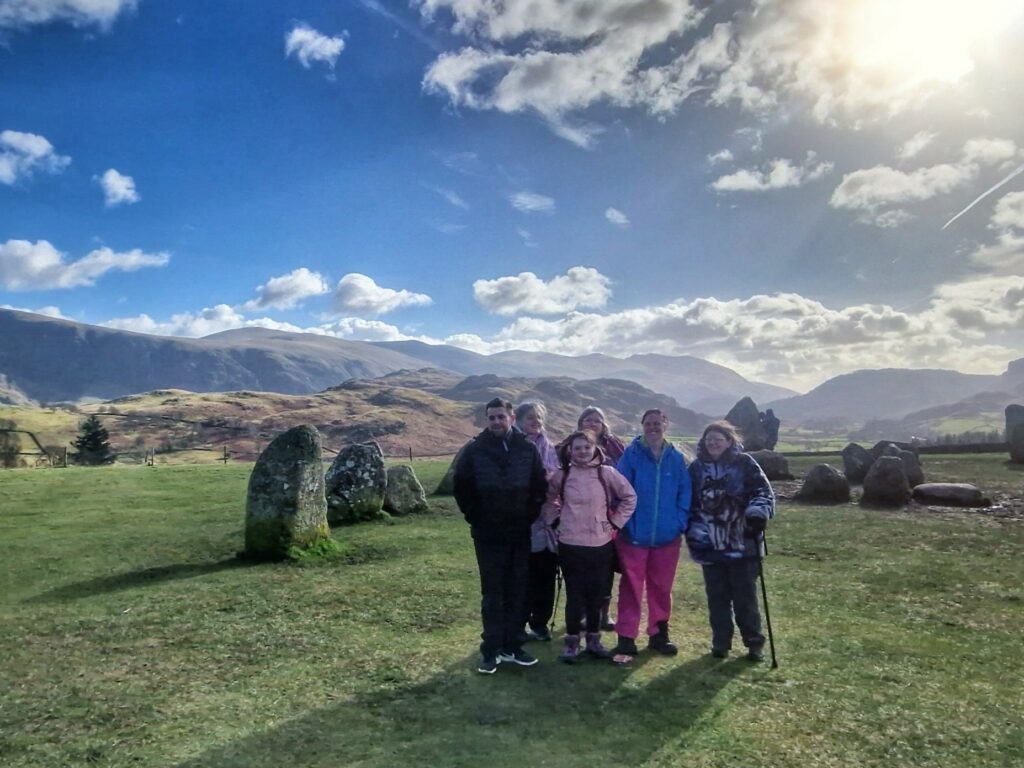
Future funding for mental health support
Click below to read more
Free impartial Home Energy Improvement Advice For North East Households to Help Cut Energy Bills
Click below to read more
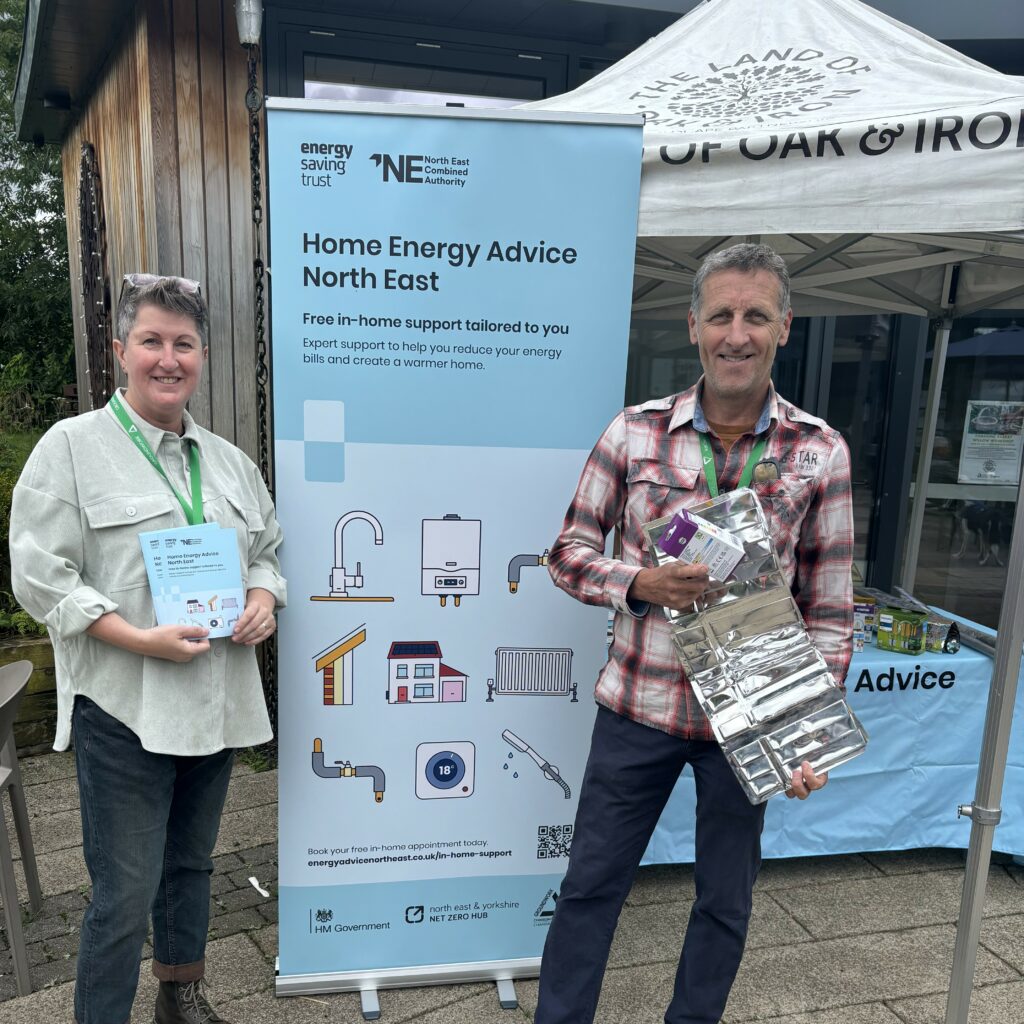
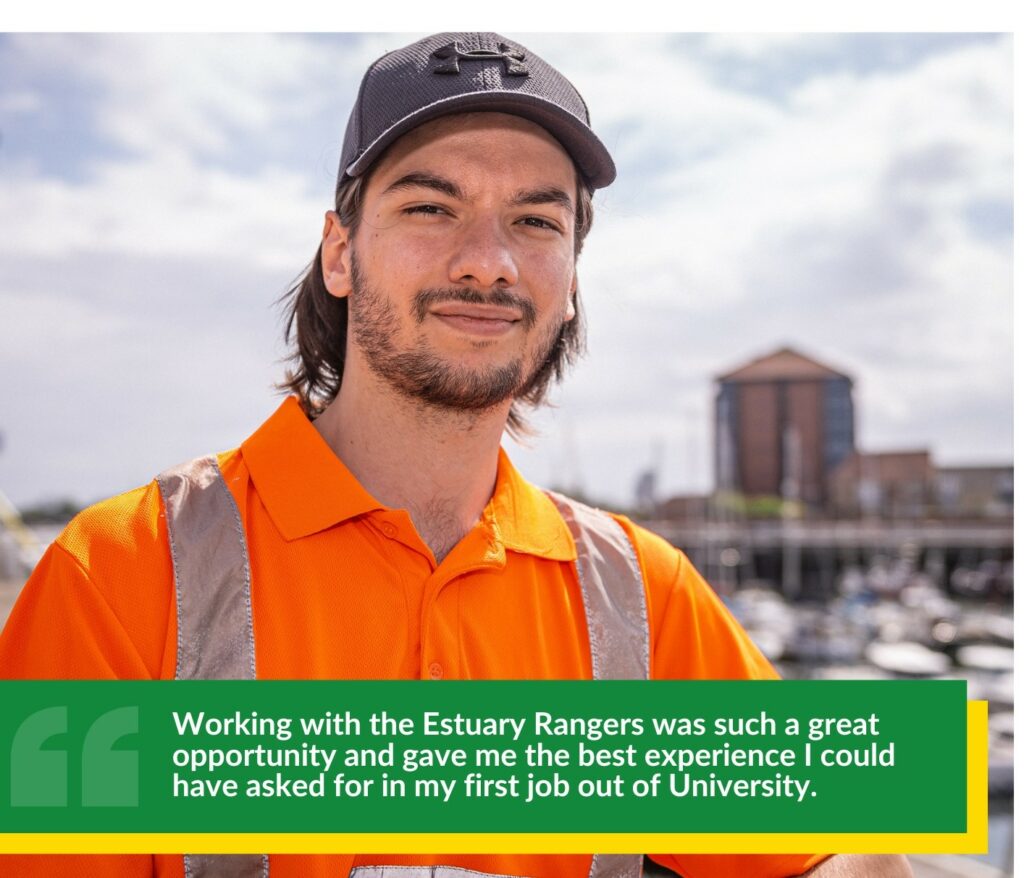
Kristof’s Groundwork Journey
Click below to read about his journey with us.
UK will struggle to meet Net Zero targets unless young people are encouraged to join the green economy
“If the UK is to meet its carbon targets, it will require a new and diverse workforce…”


Discover the impact of our Community Hub in Cumbria and how it is transforming lives.
Click below to read more about Pauline’s Story
School pupils help create artificial kittiwake nests and decoy baby chicks for ‘Kittiwakery’ tower in Gateshead
Click below to read more
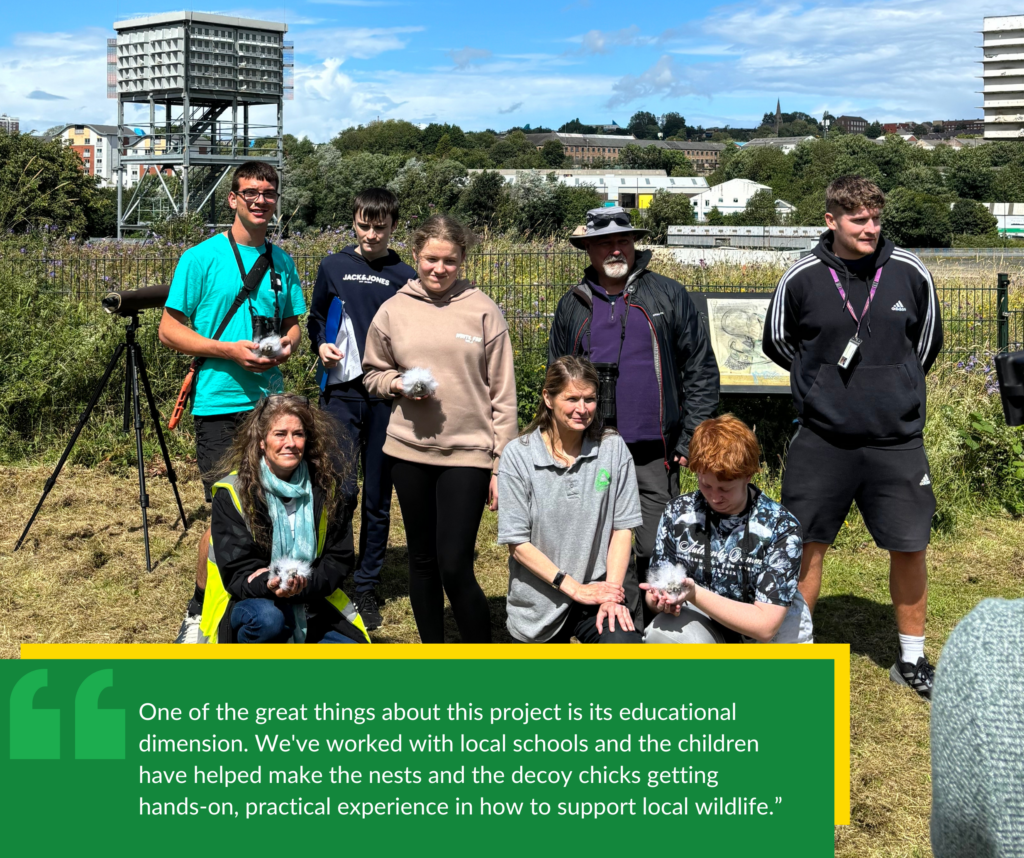
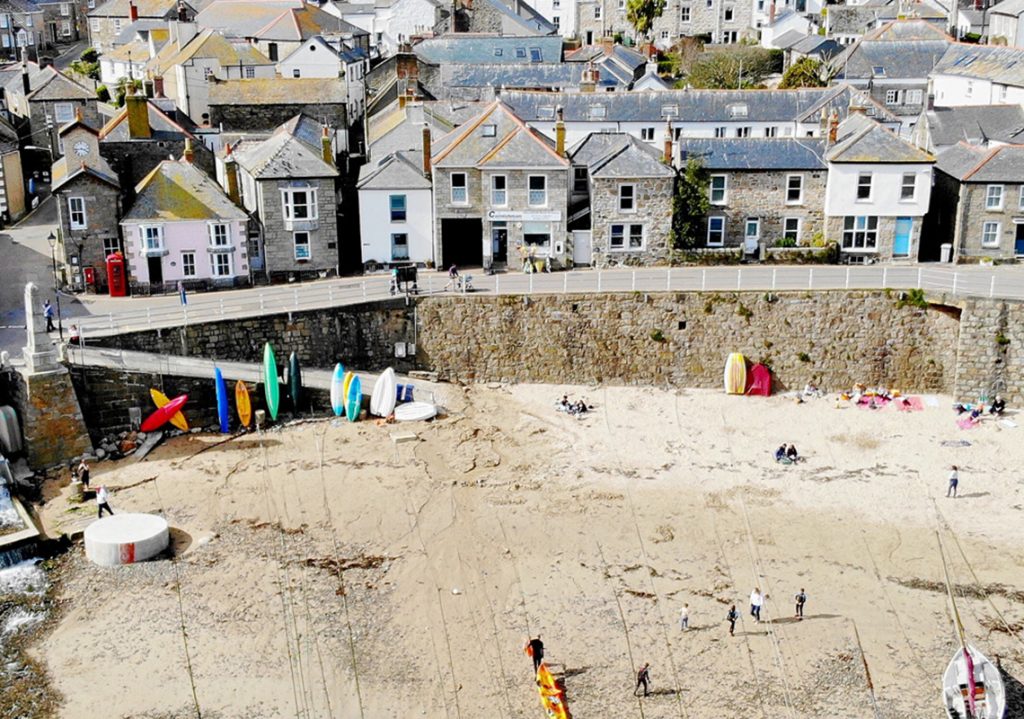
Young people take action to improve the East Durham Coastal Environment
Ambitious plans to improve the environment in and around the Seaham Beach Area in East Durham will be spearheaded by young people, thanks to a new scheme which has brought funding into the area.
Corporate Volunteer Day
Workers from a northeast events company joined forces with Groundwork NE & Cumbria to support its environmental restoration on the banks of the Tyne.
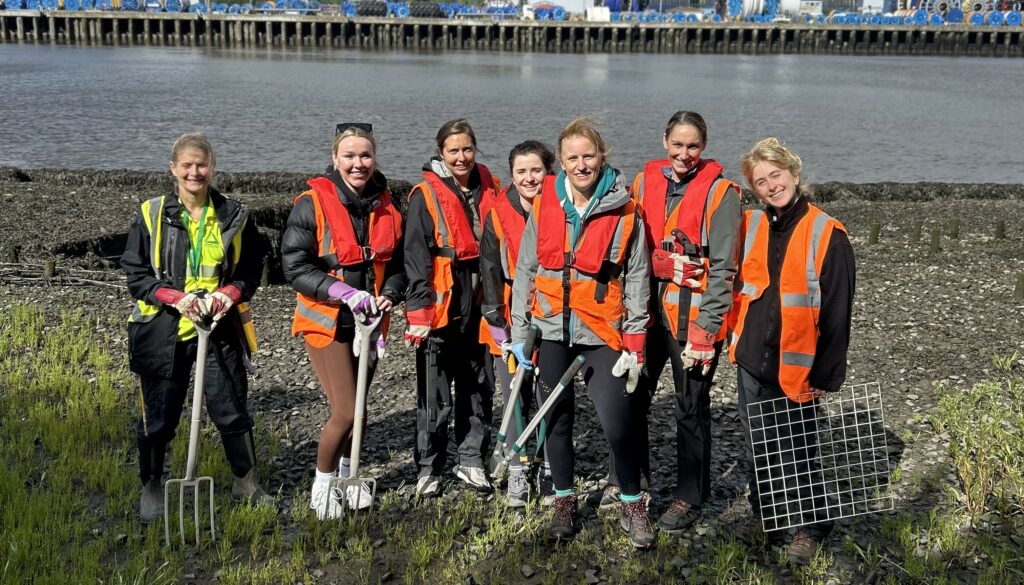
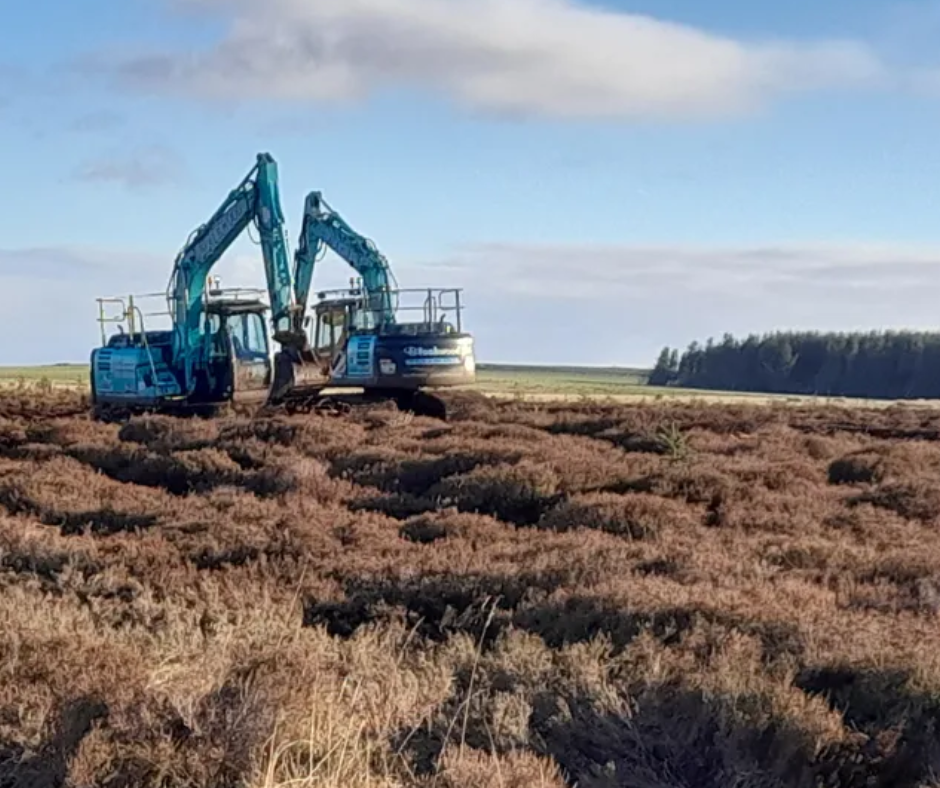
Harwood Forest Peat Restoration Project Completed
Acres of forest land in Northumberland has been restored to peat bog in a bid to tackle climate change.
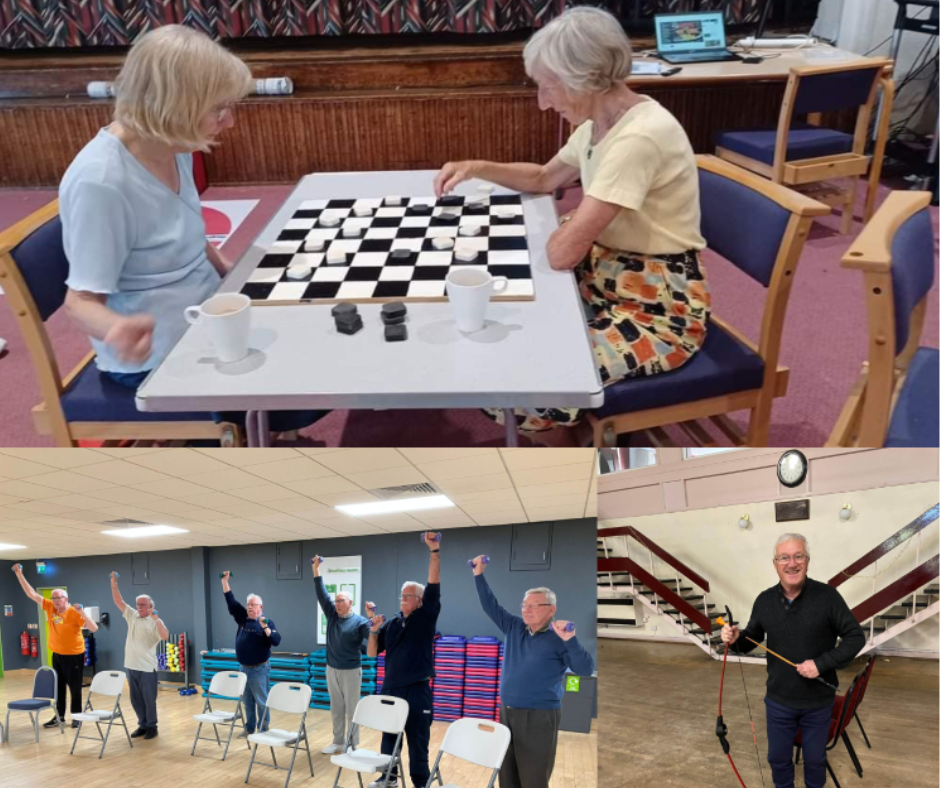
Furness For You Project funded over £960,000 to fight loneliness in Barrow
The Partnership has been allocated the budget to offer a varied programme including one-to-one support, group events, creative activities, as well as volunteering opportunities.
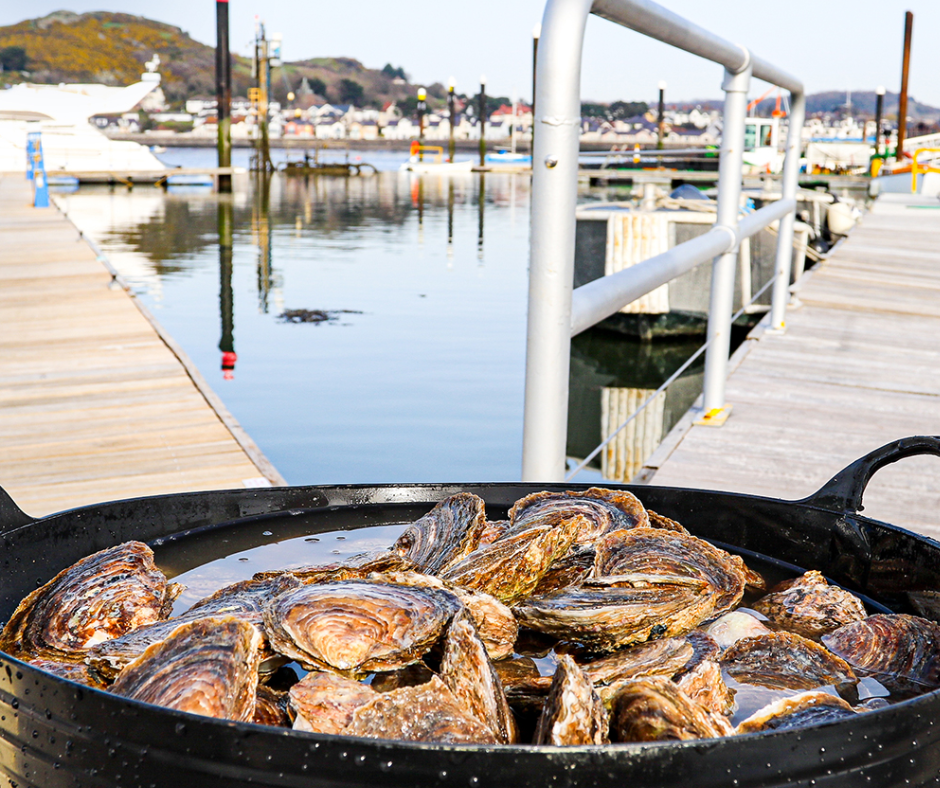
10,000 Oysters Released to reef to help clean Ocean on Wild Oyster Project
More than 750 tonnes of old stones and scallop shell have been lowered onto the seabed in recent weeks. It is part of plans from the Wild Oysters Project to tackle declining numbers across the UK.
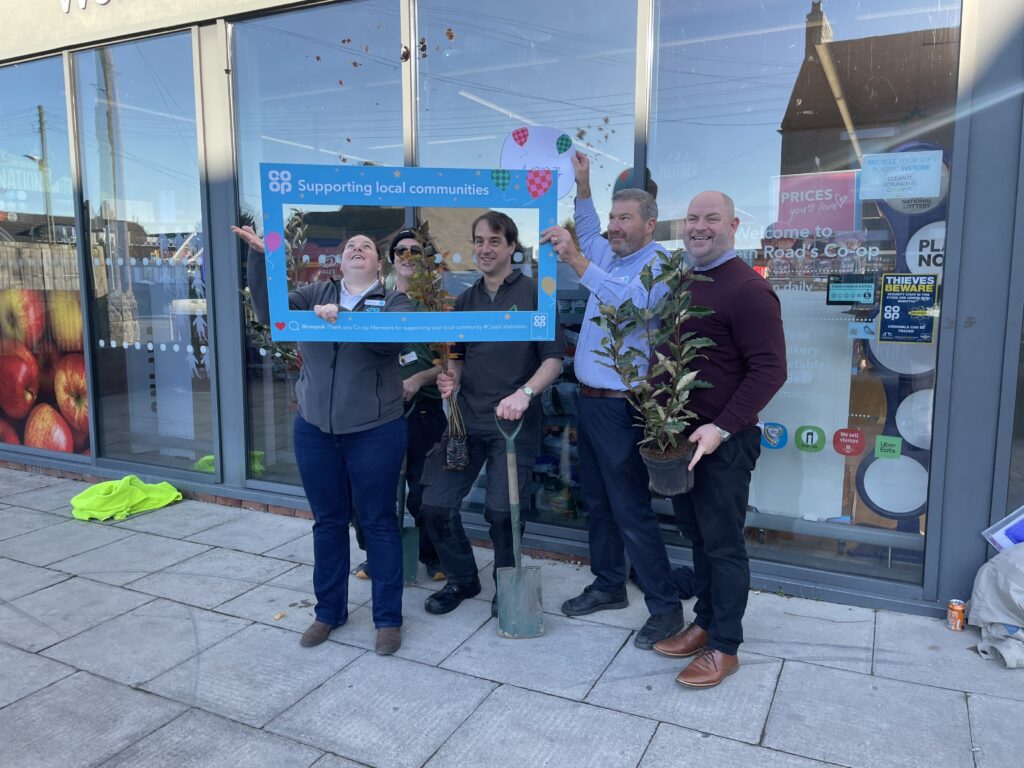
Northumberland park receives cash boost from Co-Op
Pegswood Community Park managed by Groundwork NE & Cumbia has been given a cash boost. Click on the below link to find out more.
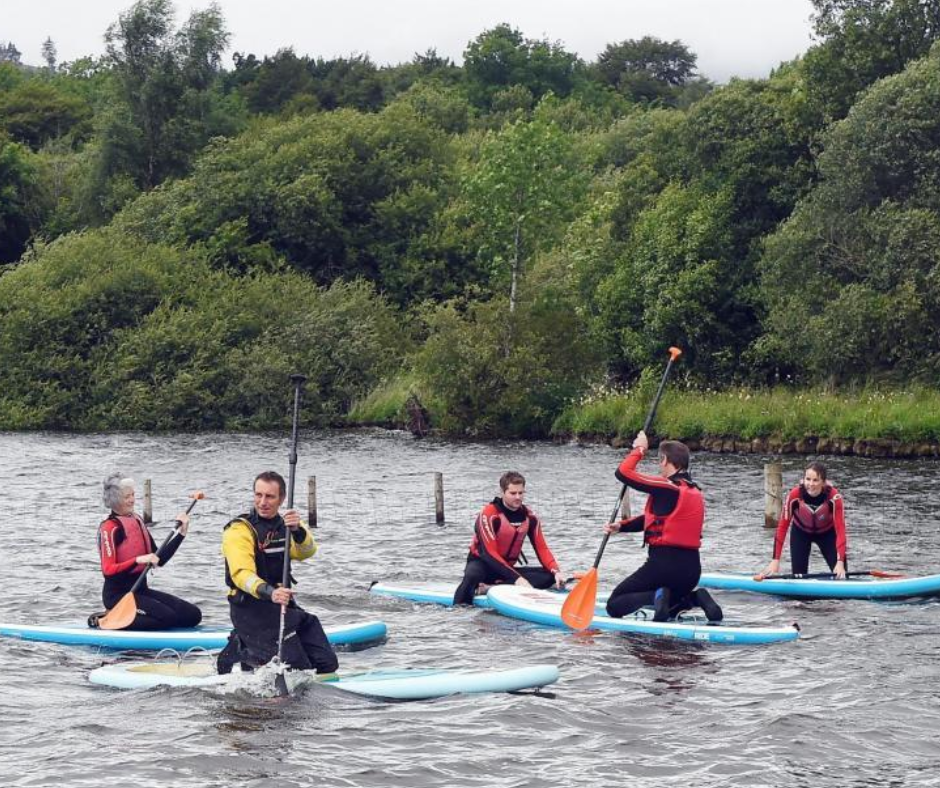
Green Social Prescribing across North Cumbria
Groundwork will ensure the programme will increase knowledge and awareness of nature-based activities, highlighting some of the new and existing projects, as well as ensuring that those who prescribe into the programme are fully informed of what is on offer.
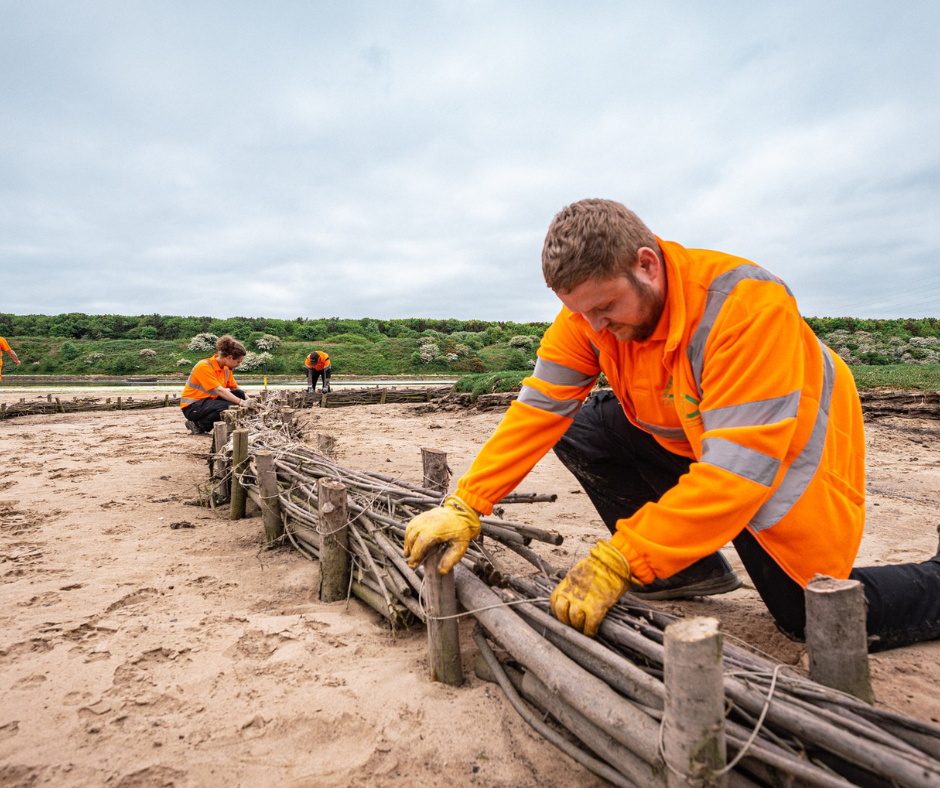
Groundwork North East and Cumbria launches new environmental investor portfolio
The environment and regeneration organisation has launched the portfolio amid moves to make a difference in the climate change battle while also helping businesses boost their green credentials.
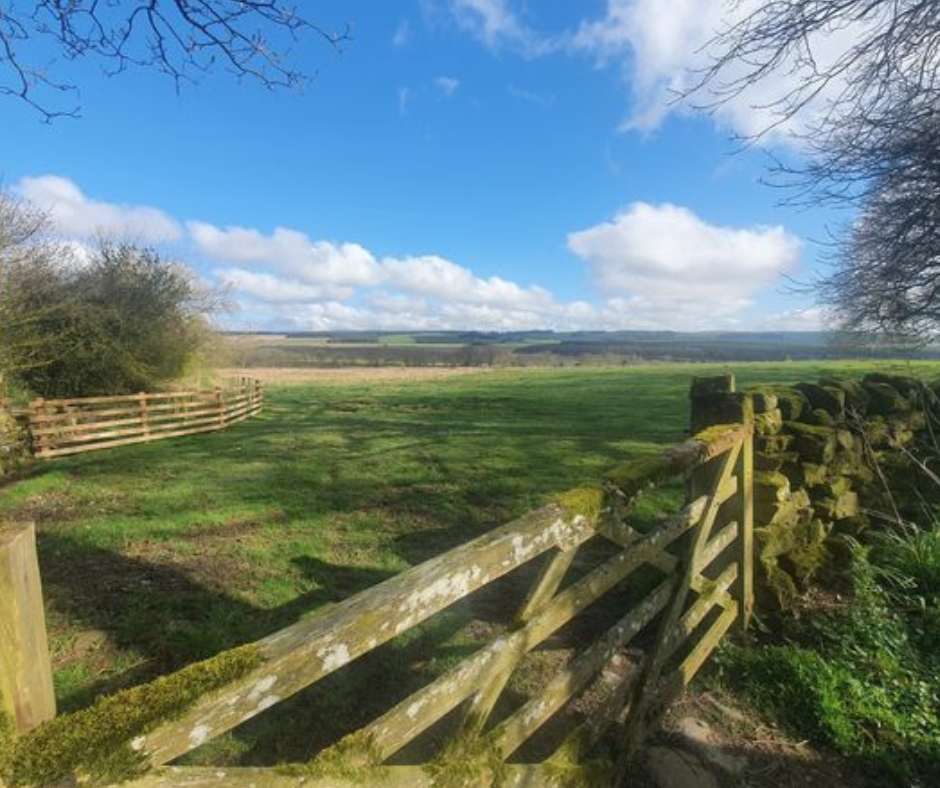
£600,000 to restore a variety of habitats across Wansbeck
It will focus on 144 hectares (355 acres) of farmland around the River Wansbeck catchment in Northumberland.
